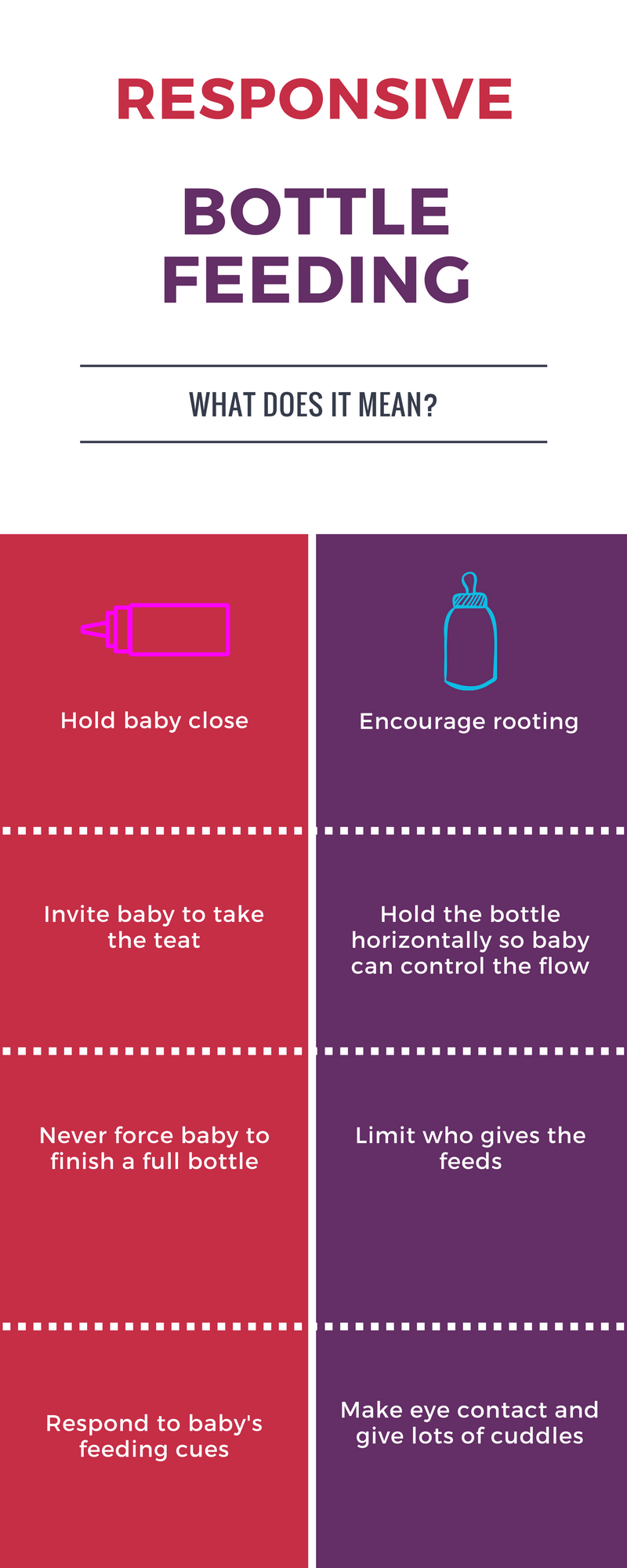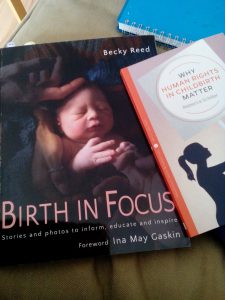Book review: Nobody Told Me, by Hollie McNish
Like many people, the first I knew of Hollie McNish was her poem Embarrassed on YouTube, which suddenly appeared everywhere I looked. I loved the poem for what it said (“I spent the first feeding months of her beautiful life/Feeling nervous and awkward and wanting everything right.“). I loved her delivery and I loved her: she just looked like an ordinary person I could hang out with, and I can see why she became such a poster girl for the ordinary experience of breastfeeding.
Nobody Told Me isn’t just a collection of poems, it’s the journal of Hollie’s transition from pregnancy through to three years, and somehow in her honesty she manages to convey both her own unique experience, and the universality of early motherhood. The reader witnesses the bleakness of the early days: terror, tinged with wonder; and her growth as a mother, into enjoyment of toddlerhood, and finally a recognition of all she has achieved.
Reading Nobody Told Me repeatedly made me weep, as I recognised with real feeling the floundering, bleeding, and nighttime feeding; the absolute reliance on an amazing supportive bloke; and the guilt-ridden enjoyment of a night away from home.
Hollie’s focus grows from the personal to the political (and this felt familiar too), as she experiences social judgement on all fronts, and also fights conventional stereotypes and lack of diversity. People comment on her child’s mixed race, tell her she’s too young to have a child or should be married, and find her overly strident when she objects to all the characters in storybooks being “he” by default. She’s so right, and we should all be rebelling against this – as a poet she is in a position to articulate this nonsense and say it loud.
Hollie McNish is so articulate and her poems hit the nail on the head over and over again. This would be a fantastic book for someone expecting a baby; for me, it’s almost a memoir.


